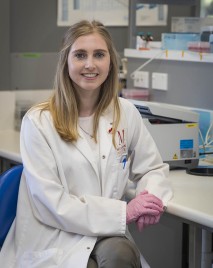
Professor Ian Hermans
Programme Leader - Hermans Laboratory
Using immune-based strategies to prevent and treat disease.
The use of vaccines to prevent infection has been a major advance in human health, but it is now clear that strategies to induce immune responses can also be used as a form of therapy for chronic diseases.
The Hermans Lab is investigating the cellular interactions required to elicit effective disease-fighting immune responses in key locations throughout the body. Their research focuses on stimulating T-cells, a group of immune cells that can selectively kill infected or malignant cells.
Research from the Hermans Lab has led to new vaccine designs, including mRNA-based vaccines, that induce long-lasting T-cell responses in the liver. These vaccines could be used for liver-associated diseases like malaria and hepatitis, as well as liver cancer. In related work, the team is involved in developing new drugs that make solid tumours more likely to be targeted by T-cells.
The Hermans Lab works closely with internationally renowned chemists and immunologists, and has close links with international groups to test new concepts in relevant models of infection and cancer.
Research areas
- Cancer immunotherapy
- Infectious Disease
- Vaccine design
Research projects
- Development of mRNA vaccines for cancer and infectious diseases and cancer
- Developing drugs that help immune cells eliminate solid tumours
Collaborations

Ching Wen Tang
Senior Research Officer

Emma Lamb
Research Officer

Jarem Wylie
PhD Student

John Mamum
Research Officer

Kaitlin Buick
PhD Student

Kate Nicholls
Research Officer

Kathryn Farrand
Senior Research Officer
Research highlights
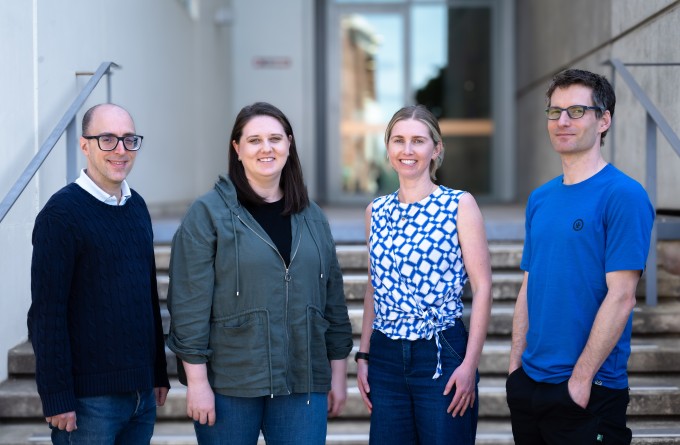
Marsden funding to drive discovery and innovation in cancer, allergy and infectious disease research
5 November 2025
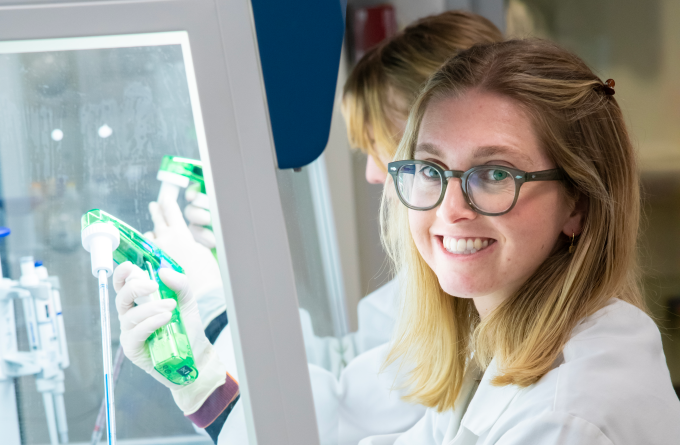
Making local impact using global training in liver cancer research
30 October 2025

Improving immunotherapies for lung cancer
29 October 2025
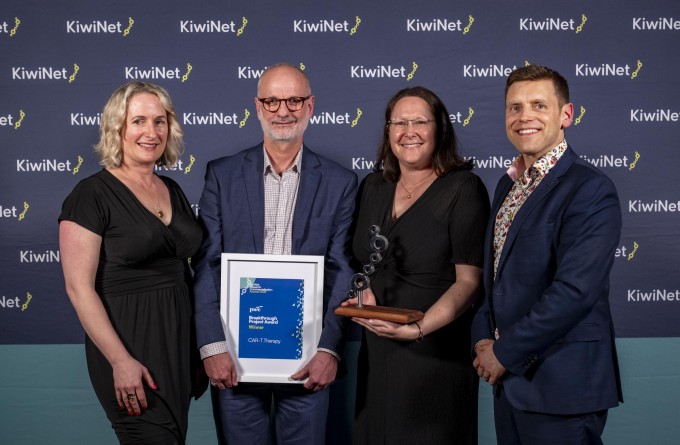
Malaghan CAR T programme wins KiwiNet Research Commercialisation Award
23 October 2025
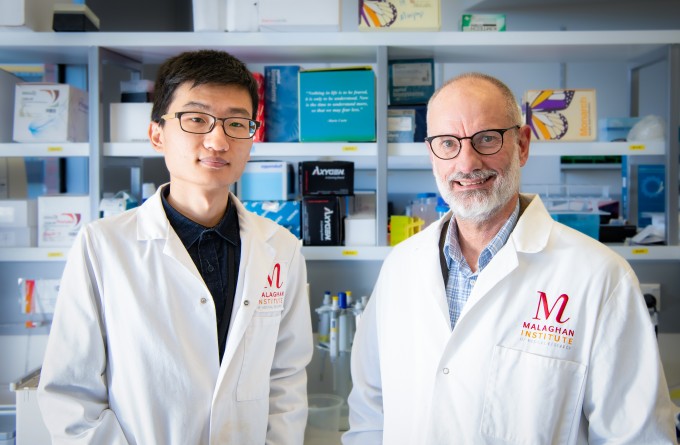
Funding boost to improve lung cancer treatment outcomes in Aotearoa New Zealand
5 September 2025
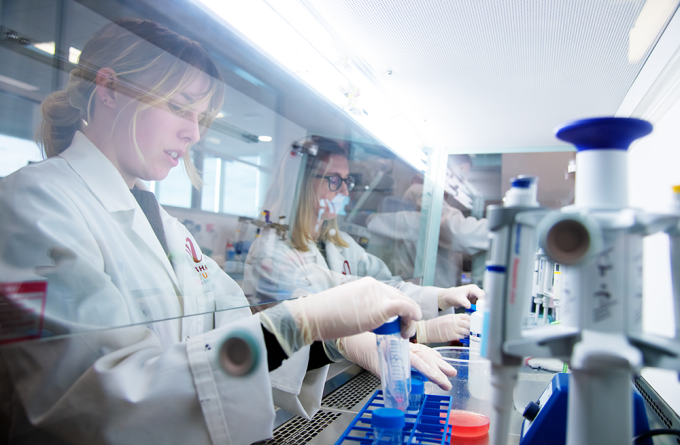
Cancer, measles and allergic disease research funded in latest HRC grants round
19 August 2025
Featured publications
Ganley M, Holz LE, Minnell JJ, de Menezes MN, Burn OK, Poa KCY, Draper SL, English K, Chan STS, Anderson RJ, Compton BJ, Marshall AJ, Cozijnsen A, Chua YC, Ge Z, Farrand KJ, Mamum JC, Xu C, Cockburn IA, Yui K, Bertolino P, Gras S, Le Nours J, Rossjohn J, Fernandez-Ruiz D, McFadden GI, Ackerley DF, Painter GF, Hermans IF, Heath WR.mRNA vaccine against malaria tailored for liver-resident memory T cells. Nat Immunol. 2023 Sep;24(9):1487-1498. doi: 10.1038/s41590-023-01562-6. Epub 2023 Jul 20.PMID: 37474653
Holz LE, Chua YC, de Menezes MN, Anderson RJ, Draper SL, Compton BJ, Chan STS, Mathew J, Li J, Kedzierski L, Wang Z, Beattie L, Enders MH, Ghilas S, May R, Steiner TM, Lange J, Fernandez-Ruiz D, Valencia-Hernandez AM, Osmond TL, Farrand KJ, Seneviratna R, Almeida CF, Tullett KM, Bertolino P, Bowen DG, Cozijnsen A, Mollard V, McFadden GI, Caminschi I, Lahoud MH, Kedzierska K, Turner SJ, Godfrey DI, Hermans IF, Painter GF, Heath WR (2020). Glycolipid-peptide vaccination induces liver-resident memory CD8+ T cells that protect against rodent malaria. Sci Immunol. 5(48):eaaz8035
Anderson RJ, Compton BJ, Tang C, Authier-Hall A, Hayman CM, Swinerd GW, Kowalczyk R, Harris P, Brimble MA, Larsen DS, Gasser O, Weinkove R, Hermans IF, Painter GF. (2015). NKT Cell-Dependent Glycolipid-Peptide Vaccines with Potent Anti-tumour Activity. Chem. Sci.
Anderson RJ, Tang C, Daniels NJ, Compton BJ, Hayman CM, Johnston KA, Knight DA, Gasser O, Poyntz HC, Ferguson PM, Larsen DS, Ronchese F, Painter GF, Hermans, IF. (2014). A self-adjuvanting vaccine induces cytotoxic T lymphocytes that suppress allergy. Nat Chem Biol

